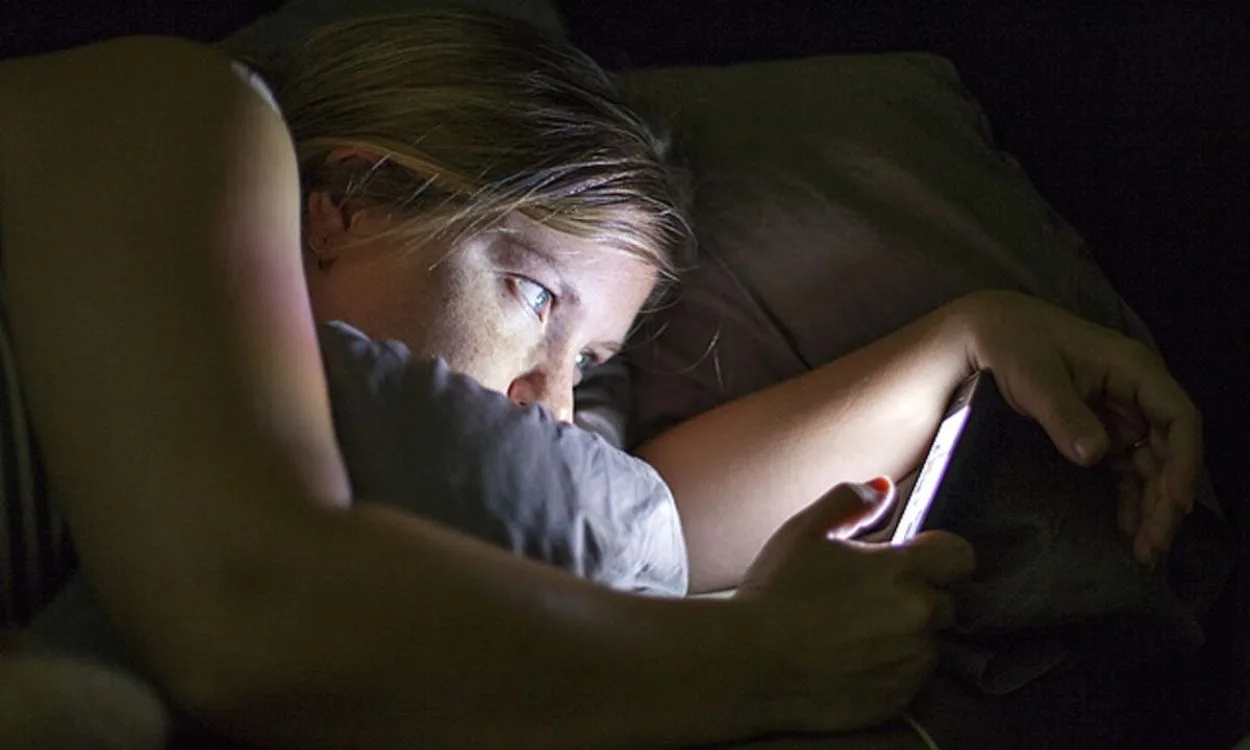What are the risks of using electronic devices before bedtime?
In today’s digital age, electronic devices have become an integral part of our lives. From smartphones and tablets to laptops and televisions, these devices offer convenience, connectivity, and entertainment. However, using electronic devices before bedtime can have negative consequences on our sleep and overall health.
Let’s explore the risks associated with using electronic devices before going to bed:
- Disruption of the sleep-wake cycle: The blue light emitted by electronic devices can interfere with your body’s natural sleep-wake cycle. Blue light suppresses the production of melatonin, a hormone that regulates sleep. Exposure to blue light before bedtime can disrupt your sleep patterns and make it harder to fall asleep.
- Delayed sleep onset: Engaging with electronic devices stimulates the brain and keeps it active. This can lead to difficulty in falling asleep, as your mind is still stimulated and unable to relax. The content consumed on electronic devices, such as social media or exciting movies, can also be mentally stimulating and keep you engaged for longer periods.
- Reduced sleep quality: Even if you manage to fall asleep after using electronic devices, the quality of your sleep may be compromised. Studies have shown that using electronic devices before bedtime can lead to lighter and more disrupted sleep, resulting in reduced overall sleep quality. This can leave you feeling tired and groggy the next day.
- Increased risk of sleep disorders: Chronic use of electronic devices before bedtime has been linked to an increased risk of sleep disorders such as insomnia and sleep apnea. Insomnia is characterized by difficulty falling asleep or staying asleep, while sleep apnea is a condition where breathing is repeatedly interrupted during sleep. The excessive use of electronic devices can contribute to the development or exacerbation of these conditions.
- Negative impact on mental health: Electronic devices not only affect sleep but also have a negative impact on mental health. The constant exposure to notifications, social media, and online content can increase stress, anxiety, and feelings of loneliness or depression. This can further disrupt sleep and create a vicious cycle of poor sleep and deteriorating mental health.
- Eye strain and vision problems: Staring at screens for prolonged periods can cause eye strain, dryness, and discomfort. This is known as computer vision syndrome. Additionally, the blue light emitted by electronic devices can contribute to digital eye strain and may increase the risk of developing age-related macular degeneration (AMD) over time.
- Interference with bedtime routines: Using electronic devices before bedtime often leads to a delay in starting bedtime routines. This can reduce the time available for relaxing activities such as reading a book, practicing mindfulness, or taking a warm bath. These activities are essential for preparing the body and mind for sleep, and their omission can negatively impact sleep quality.
To minimize the risks associated with using electronic devices before bedtime, here are some tips:
- Establish a digital curfew: Set a specific time before bedtime when you turn off all electronic devices. This allows your body to prepare for sleep without the interference of blue light and mental stimulation.
- Create a bedtime routine: Develop a relaxing routine that signals to your body that it’s time to wind down and sleep. This can include activities such as reading a book, listening to calming music, or practicing relaxation techniques.
- Use night mode or blue light filters: Many electronic devices offer a night mode or blue light filter feature. Enabling this setting reduces the amount of blue light emitted by the screen, making it easier on the eyes and less disruptive to sleep.
- Keep electronic devices out of the bedroom: Avoid bringing electronic devices into your bedroom, especially when it comes to smartphones. This helps create a sleep-friendly environment and prevents the temptation to use devices before sleep or during the night.
- Opt for alternative activities: Instead of using electronic devices, engage in activities that promote relaxation and better sleep. This can include journaling, meditating, doing light stretches, or practicing deep breathing exercises.
It is important to understand the risks associated with using electronic devices before bedtime and take steps to minimize their negative impact on sleep and overall well-being.
Transform Your Sleep and Achieve Your Health Goals with Fitpaa
If you’re struggling with sleep issues and want to improve your overall health and well-being, Fitpaa can help. With our personalized approach to health and fitness, we provide a comprehensive solution to optimize your metabolism, strengthen your body, and achieve your health goals.
Fitpaa’s innovative AI-driven technology and expert team of fitness coaches, nutritionists, and doctors can guide you towards better sleep and overall health. By assessing your metabolism and creating a personalized Fitpaa Capsule, we address the root causes of your sleep issues and provide tailored solutions.
The Fitpaa Capsule incorporates medical therapy, medical exercise therapy, medical nutrition therapy, and cognitive behavior therapy to optimize your metabolism, regulate hormones, and improve sleep quality. Our real-time guidance technology ensures you stay motivated and on track to achieve your goals.
With the Fitpaa mobile app, you’ll have access to a virtual workout trainer, diet tracker, performance tracking, and progress monitoring. Our team of experts will regularly review your progress and make necessary adjustments to ensure your sleep and health goals are met.
Don’t let poor sleep affect your quality of life. Download the Fitpaa app today and experience the joy of better sleep and overall well-being. Your dream life is within reach with Fitpaa’s guaranteed results. Start your journey towards better sleep and transform your health today!









